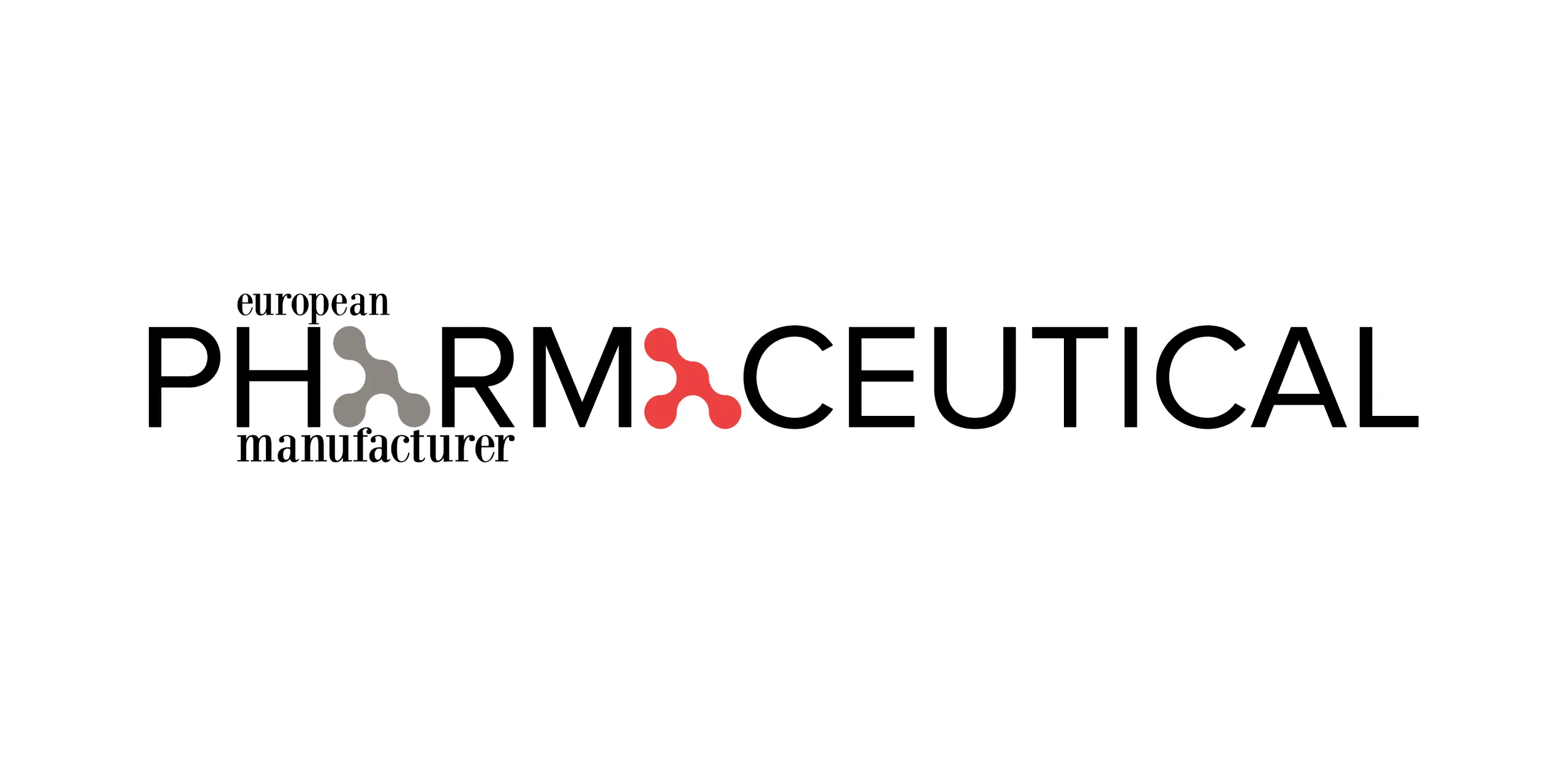In the first half of 2023, we witnessed a levelling off in the number of supply chain disruptions, yet drug shortages continued to impact pharmaceutical manufacturers and suppliers across Europe. The Life Sciences industry has had the highest number of disruption alerts of any industry Resilinc tracks, according to our global monitoring platform, EventWatch, which monitors millions of news and social feeds worldwide, spanning 100 languages. These supply chain disruptions have put significant strain on organisations – large and small – as they battle to ensure supply continuity. Pharmaceutical companies are eager for supply disruptions to ease; however, unless action is taken to boost resiliency, significant impact from disruption is inevitable.
While drug shortages are making headlines, a number of supply issues are impacting the Life Sciences industry. According to Resilinc data, the three most disruptive event types in 2023 so far have been factory fires, mergers and acquisitions, and business sales, with increases in product recalls and legal action not far behind. These events pose considerable risks and contribute to drug shortages, which is why a commitment to enhancing supply chain resiliency is an essential strategy for pharmaceutical companies looking to future-proof their operations.
Read the full European Pharmaceutical Manufacturer article>>



